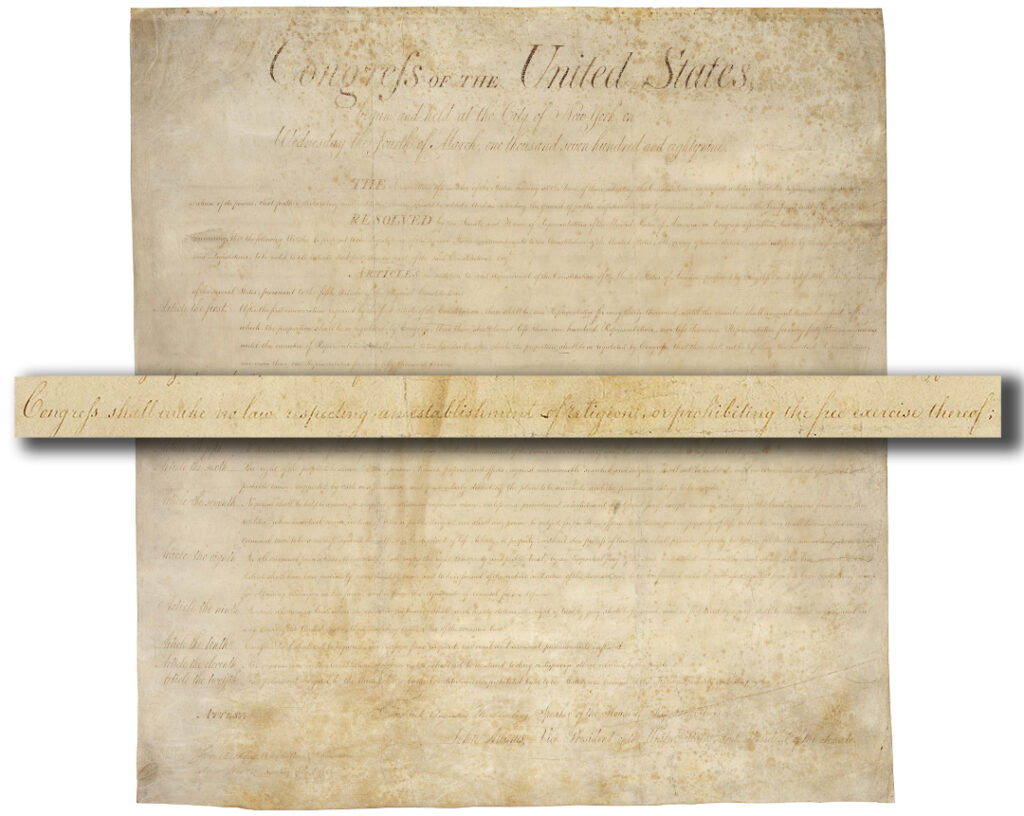The Founding Fathers of the U.S. made the freedom of religion conspicuous by making it the first amendment to the Constitution: “Congress shall make no law respecting an establishment of religion, or prohibiting the free exercise thereof…” The Supreme Court has ruled recently in several cases to uphold people of faith, but threats exist to change that protection.

E. Gregory Wallace, professor of law at Campbell University School of Law in Raleigh, North Carolina, tells why:
American society for the most part no longer values religious faith and practice as it did when the Constitution was written. The framers based their arguments for freedom of religion on the idea that God exists and that an individual’s duty to Him was prior to, and superior to, the claims of the state. Today modern religious freedom jurisprudence reflects a growing indifference, incomprehension, and one even could say contempt, toward religion.
Albert Mohler, president of The Southern Baptist Theological Seminary in Louisville, Kentucky, likewise warns:
The culture that once honored religious liberty and respected it as a bedrock freedom for civil society – that culture is no more. Religious liberty now attracts the glare of the cultural left who see religious liberty as an obstacle in the path of their social transformation.
Will restriction of religious liberty be another indication of the end as the apostle Paul noted, “…in the last days difficult times will come” (2 Timothy 3:1)?
Jesus warned, “But all these things they will do to you for My name’s sake, because they do not know the One who sent Me” (John 15:21). Approximately 250 million Christians are currently being persecuted globally. All of us, especially policymakers, must understand that “religious freedom is not ‘nice to have’ but fundamental to the existence and dignity of every human being” (Lord David Alton).
Source: Decision Magazine, November 2019, pp. 20-23.


